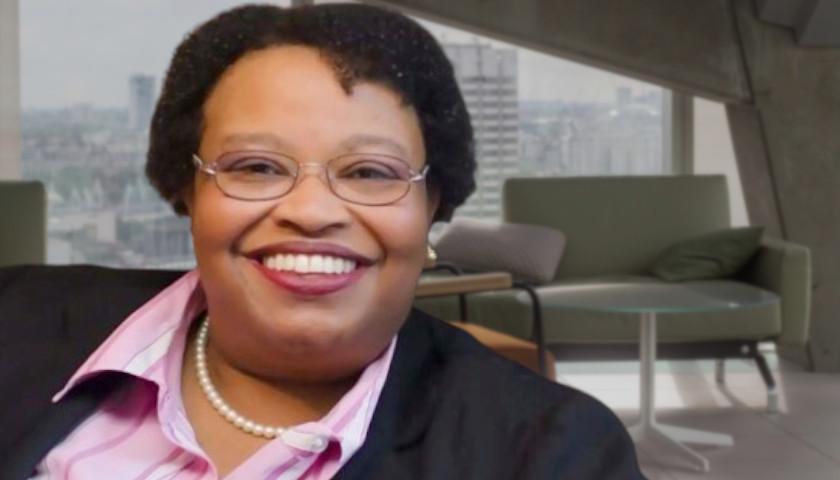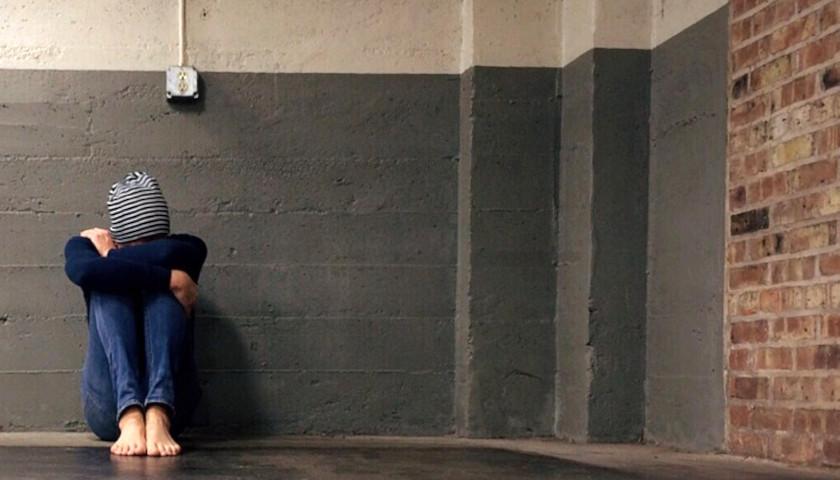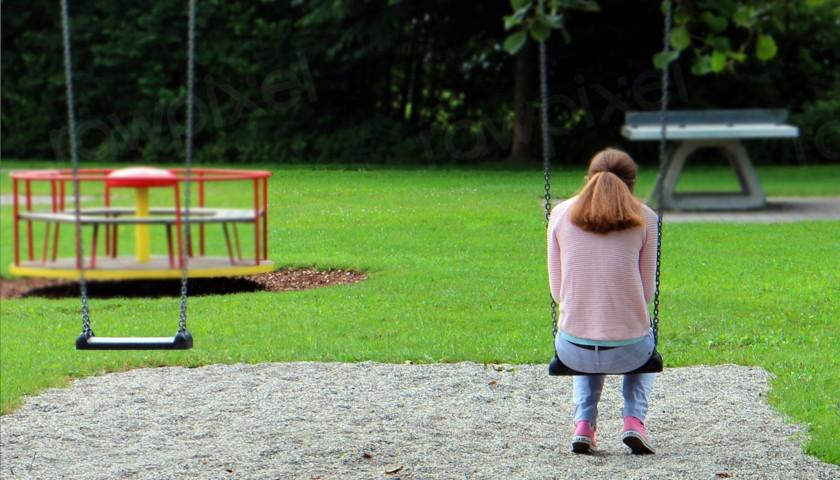It’s often difficult to find solutions for people suffering with an underlying mental illness. Mental health is not a subject we readily discuss with others. We keep it hidden. Yet, we must all still live in the real world, where mental illness affects 1 out of 5 people.
I grew up with a father who suffered from untreated depression. He never admitted to me the cause of the issues, we just knew that when he had his mood swings, we had to be scarce. The smallest thing would upset him. It could be coming in late, not cleaning up a room, talking during the news, or grades. It didn’t really matter. You knew it was coming and you learned to cope. But some of us cope better than others.
I never really talk about it. Until lately, outside my wife, my brother, or occasionally my mom, I keep it bottled up inside. It was like a badge of courage that I survived the effects of my father’s depression. I knew it, and that was enough.
I am now the executive director of a teachers’ association. The stories I see bring me back to my childhood. I see teachers every week that are beaten down. They deal with angry parents, angry school administrators, and their own families who are angry that the teachers are being forced to go through stressful issues. Teachers have other stressors such as evaluations, parent conferences, and lack of time and resources. I have no doubt that in many cases some of our teachers are suffering from post-traumatic stress disorder.
One Tennessee teacher sent me a rather profound statement. She wrote: The real world is tough. There are trials and tribulations at work, and a constant need for prayer. Whether it is challenges my students face, or the overwhelming pressures in the teaching world, I pray that positives will outweigh the negatives…Disease, sudden illness, cruelty towards another human…it’s hard to understand the harshness of the world. There is “too much hate, lack of empathy, and a sense of entitlement.” She added, “Be kind to one another. Love one another. Slow down and appreciate the small things, and be thankful. We need more love and understanding. Tell those you care about that you love and appreciate them. You never know when that opportunity will be gone.”
The stories are too similar. No matter the issue, teachers are to blame for the situation. And they are told to get tough skin or get out of the profession. We don’t give teachers opportunities to take time off, like sabbaticals. They get tenure, they get fired, or they move on.
We had one teacher who was being stalked by an ex-husband. She was told by the district that if her ex kept coming around, she would lose her job. Really? Instead of reaching out to help a vulnerable teacher who was being harassed by a potentially abusive ex-husband, the district threatened her job over it. A good administrator should have had a conversation with a School Resource Officer to keep the teacher out of this situation.
We have some tremendous school administrators in our state, as well as some exceptional directors of school. However, we have a lot of turnover in this state in these positions. Approximately ¼ of the directors of schools in this state have been in their current job less than 18 months. That doesn’t exactly lead to much confidence or stability. There is simply too much change for the sake of change.
We often hear from teachers with feelings of sadness, futility, and even worthlessness. These feelings are also accompanied by depression and anger. These symptoms – especially when they occur for a long period of time – should be of concern to all of us in the education field. In addition, there are students in our classes, parents of those students, and others that we interact with every day facing mental illness.
There are literally millions of Americans affected by mental illness. We need to provide our educators time to deal with real life situations, without adversely impacting their career. As a society we understand that mentally healthy teachers can consequently build emotionally healthy students. This must be an objective of public education.
We need the courage to address the issue and challenge our stereotypes and attitudes. We must provide services and support to those impacted by mental illness. Our guidance counselors already in schools could play a critical role in this area.
I never did talk to my dad about his depression. That was my mistake. I hope that I have learned from that terrible oversight. More importantly I hope to continue to help others to not be afraid to discuss mental health issues, and get professional help when they need it. The subject should not be taboo, and we should be willing to help others get help when needed.
##
JC Bowman is the Executive Director of Professional Educators of Tennessee, a non-partisan teacher association headquartered in Nashville, Tennessee. Follow him on Twitter @jcbowman. Permission to reprint in whole or in part is hereby granted, provided that the author and the association are properly cited.








